In the Silva Mind Body Healing that I have been listening to recently, Laura Silva said something like “You can change your feelings by changing your thoughts.”
She was talking about your emotional body in conjunction with rational emotive therapy and this quote from Eric Maisel could easily been in Laura’s session on the emotional body.
“Cognitive therapists tend to have a good handle on how our thoughts create our unhappiness. For example, Matthew McKay, Martha Davis, and Patrick Fanning explain in Thoughts and Feelings:
It has been demonstrated over and over that most painful emotions are immediately preceded by some kind of interpreting thought. For example, a new acquaintance doesn’t telephone when he said he would. If your interpreting thought is, “He doesn’t like me after all,” you would feel sad at being rejected. If your thought was, “He’s been in a car crash,” you would feel anxiety for his well-being. If you thought, “He deliberately lied to me about calling,” you might feel anger at his falsehood. This simple insight forms the heart of cognitive behavioral therapy: You can change your feelings by changing your thoughts.
These interpreting thoughts are not unlike schoolkids rushing through the halls without supervision. Where is the hall monitor? Where is the voice inside you that asks, “How does this line of thinking serve me?” It is one thing to have a passing thought like “I wouldn’t mind getting high tonight” or “Everybody has better connections than I do” flit through your mind. But having it flit through your mind and taking it seriously are two different things. You do not accept it at face value until you have looked at it and judged it. Thoughts have to pass muster.”
—Eric Maisel from Rethinking Depression: How to Shed Mental Health Labels and Create Personal Meaning
In Buddhist practice, we are taught to recognize how our thoughts arise and to apply skillful means to not react to our feelings but to embrace them with mindfulness, as Steve Armstrong says,
“By cultivating skillful attitudes of mind, we will respond to more and more of life with awareness and wisdom.With steady awareness of the way things are, the perseverance to stay with that awareness, and the willingness to learn from it, we maximize our sense of well-being.”
Did you find this information useful?
If so, why not comment below or on Facebook?
Books by Eric Maisel
 |
Rethinking Depression: How to Shed Mental Health Labels and Create Personal Meaningby In this provocative and path-breaking distillation of a career spent working with individuals seeking help with mood and motivation, Eric Maisel reveals the implications of one of the era’s most dramatic cultural shifts. In recent decades, much of the unhappiness inherent in the human conditi…
|




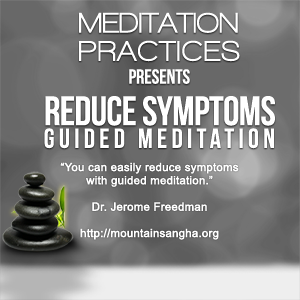

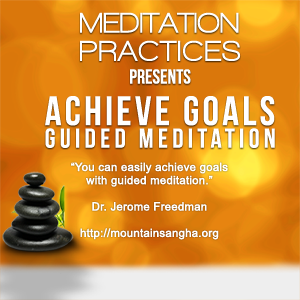

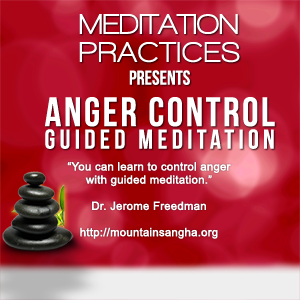

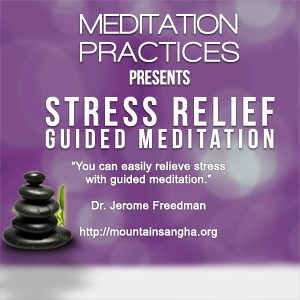

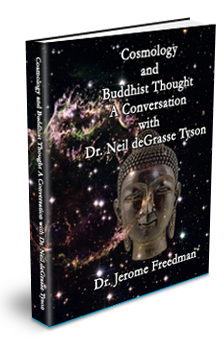

You must be logged in to post a comment.